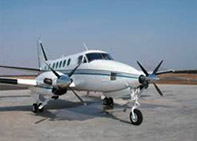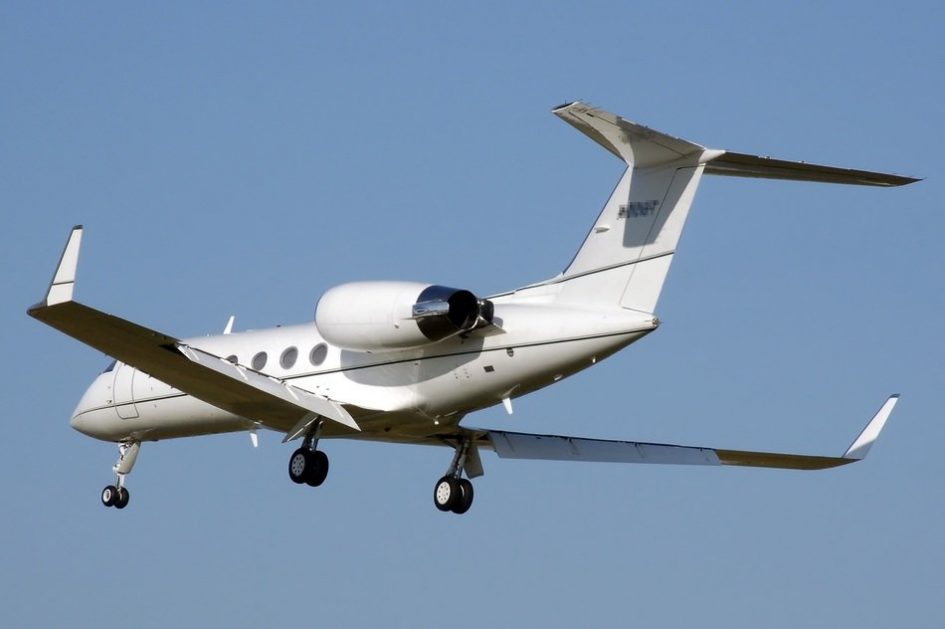Indian Aviation Sector is the fastest-growing aviation sector in the world as per the data collected in 2015. The Government of India has also opened the doors and eased out policies for FDI (Foreign Direct Investment) this year. Its growth rate is 20.3%. As per The International Air Transport Association (IATA), Indian Aviation Sector is the ninth-largest in the world and is poised to become the third-largest aviation market by displacing the one in the UK by the year 2026. IATA also predicts in the same report that the Asia-Pacific region will be a source of more than half the new air travellers over the next 20 years.
Along with the domestic civil aviation sector, India’s private jet flyers market is also experiencing a revival mode. After the country’s economic slump during 2009-10, this sector’s comeback is gradual but on a firm, note. India is a more challenging market in the western world for private jet owners to survive and prosper. This is mainly due to infrastructural challenges and the high operative cost associated with owning an aircraft adds to the owners’ difficulties. When you own a plane, there are many fixed costs on the plane, such as a pilot, maintenance, and other miscellaneous aspects. The plane has to have a minimum of 800 – 900 hours of flying time per year – 90 hrs/month for it to become to own a jet practical and viable. There are also other issues like high fuel costs, airport charges and the duty structure for importing planes.
But the startups such as BookMyCharters, JetSetGo and JetSmart have taken off by sensing the slow but steady growing demand in this sector. They are offering quite a few choices in the private jet market. These companies register requests from not only major Tier-I cities like Delhi, Chennai and Hyderabad but also smaller Tier-II and Tier-III cities. However, the significant chunk of business is in four metros and other major cities like Pune, Bengaluru, and Hyderabad.
These private jet charter firms are working on similar lines to that of online travel aggregators. They allow users to compare the prices and schedules before booking tickets, select aircraft types and add amenities. One of the impacts of these startups has been on the availability of a more significant number of charter planes. They are offering fares that are much cheaper than those quoted by brokers. It was only brokers who typically represented three to four private plane operators and ruled the terms. It is even though few odds here that Private Charter Jet business has a bright future.








Leave a Reply
You must be logged in to post a comment.